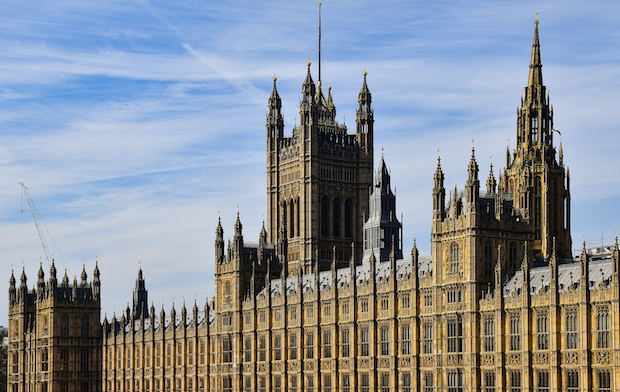NexGen Carbon Zero Ltd recently submitted its response to the Consultation on Minimum Energy Efficiency Standards (MEES) in the Social Rented Sector (SRS). Our key message is clear: to meet the 2030 deadline and effectively decarbonise the UK’s diverse housing stock, the government must adopt a more flexible, technology-agnostic approach that moves beyond a rigid “fabric-first” policy.
Rejecting the Prescriptive Dual Metric Approach
NexGen strongly “disagrees with the Government’s preference to set a minimum energy efficiency standard (MEES) for the SRS using Option 1 – A Dual Metric Approach”. We argue that this approach, which prioritises fabric performance, is too prescriptive and “fails to reflect the full range of measures available to improve energy performance, reduce emissions and support tenant wellbeing”.
While fabric improvements are important, an exclusive focus overlooks other key measures that can significantly reduce energy consumption, such as “the installation of a more efficient heating system or an effective smart controls regime”.
Crucially, a fabric-first approach disadvantages the estimated 10 million “complex-to-decarbonise homes” in the UK, where fabric improvements may be “not viable or cost-effective”. This leaves owners of these properties with “very few options for improving their building’s energy performance”.
The Power of Flexibility: Advocating for Option 4B
Instead of Option 1, NexGen supports Option 4B for MEES compliance. This preferred approach gives landlords the flexibility to choose “two of the three headline EPC metrics: Fabric Performance, Smart Readiness and Heating System, to meet MEES compliance”. This flexibility is vital because it enables providers to invest in tailored energy efficiency measures that best suit the archetype of their managed properties.
Moreover, Option 4B “incentivises the installation of low-carbon heating technologies”, which is the only way to meet future carbon budgets.
The NexGen Solution: A Scalable Answer to Damp and Decarbonisation
NexGen’s Far Infrared Heating technology provides a practical, scalable solution that performs efficiently even where fabric upgrades are not feasible. Founded on “breakthrough Intellectual Property in the use of Carbon Nano Technology”, our system offers unique benefits:
- Damp and Mould Elimination: Our technology offers a groundbreaking solution to health risks caused by poor housing. “Evidence from residents’ homes shows that NexGen’s Far Infrared technology can permanently eliminate damp and mould in just 3-6 days, compared to 3-6 months for traditional remedial works”.
- Energy Efficiency: Our system has a “substantially lower capital cost than alternative low carbon heating solutions like heat pumps”. Field trials have “demonstrated that the product can achieve average energy savings of 31% compared to a standard direct electric radiator, with residents also reporting improved comfort levels”.
- Scalability & Workforce: Because our system is electric ceiling paper that can be installed quickly by the existing electrician workforce, its rapid deployment helps alleviate pressure on the “insulation and heat pump industries”, which currently face labour shortages.
Supporting the 2030 Deadline with Pragmatic Policy
NexGen “agrees with the proposal for social homes to be MEES compliant by 1 April 2030”, believing this is necessary to drive progress on statutory fuel poverty targets and carbon budget obligations.
To ensure this deadline is met, policy must be supportive:
- Increased Spend Exemption: We recommend that the maximum required investment under a spend exemption be set at £15,000, rather than the proposed £10,000. We calculate that a higher cap would “support an additional 25,500 households, helping to reduce fuel poverty”.
- EPC and SAP Reform: We call on the government to urgently streamline the process for recognising innovative decarbonisation solutions. The current cost-based SAP metric “disincentivises the installation of electrified low carbon heating systems”. Despite successful field trials, NexGen is experiencing “frustrating delays with the application process” to get our technology recognised.
“A 2030 backstop is both achievable and necessary. Provided landlords are given access to a broader, technology agnostic set of solutions”. By embracing a multi-metric approach like Option 4B, the government can unlock faster decarbonisation and deliver a fairer, greener future.


